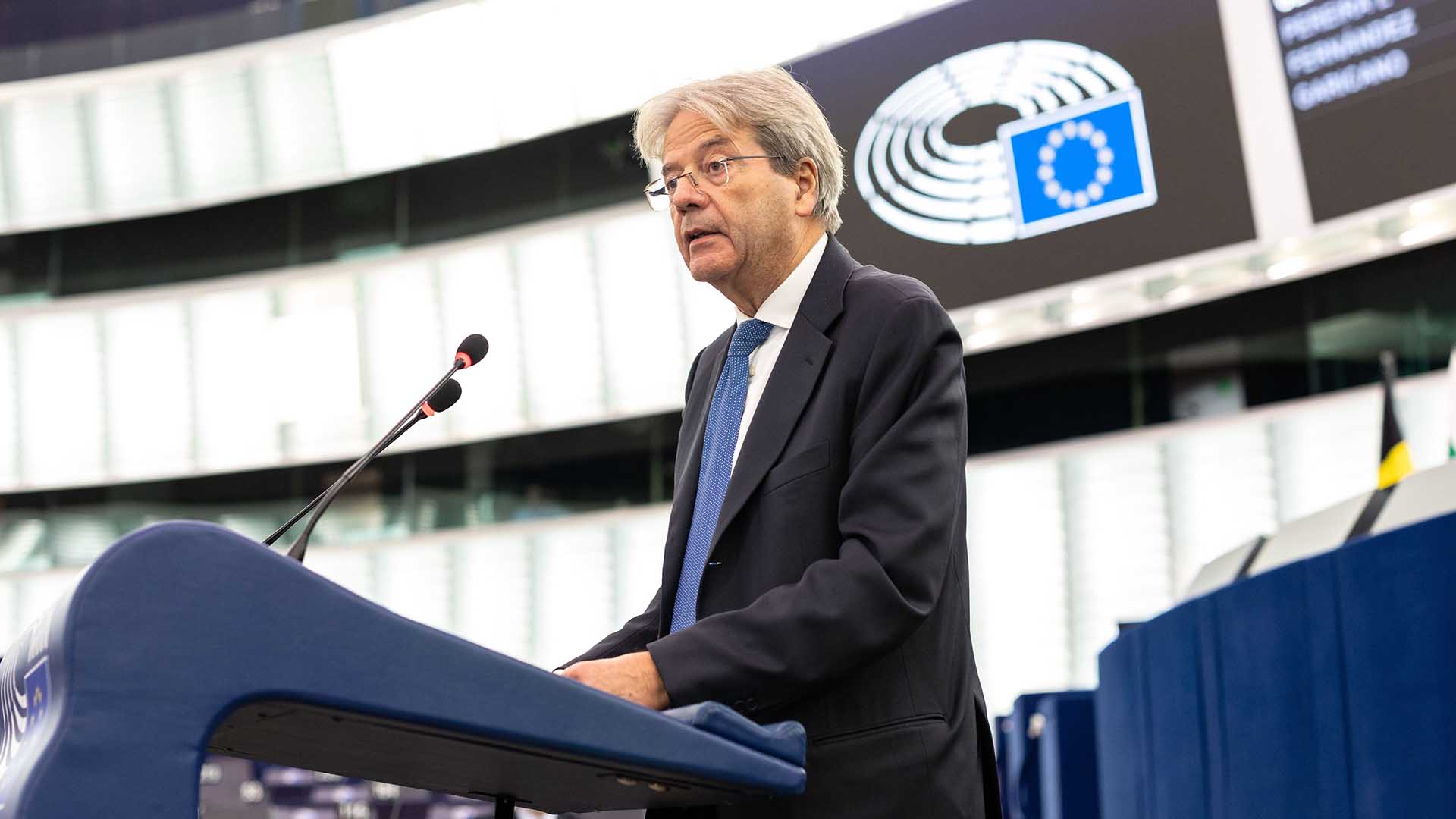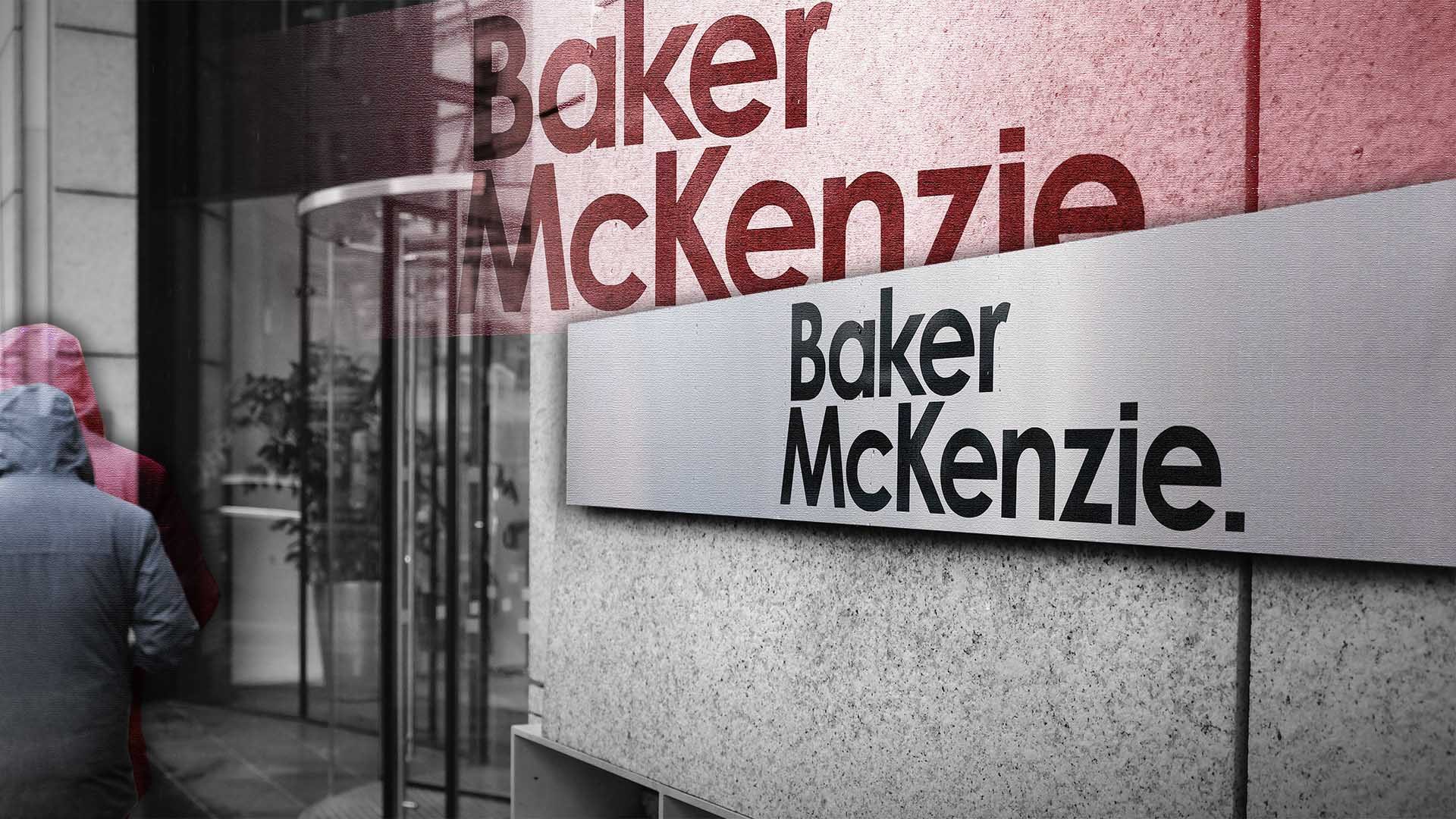A bipartisan group of lawmakers will introduce legislation this week that for the first time would require trust companies, lawyers, art dealers and others to investigate foreign clients seeking to move money and assets into the American financial system.
The bill’s sponsors cited the findings of the Pandora Papers, a sweeping international collaboration published this week that exposed how the global elite conceal their wealth in tax havens that increasingly include the United States.
The stories by The Washington Post and the International Consortium of Investigative Journalists (ICIJ) showed that little-known trust companies in Sioux Falls, South Dakota, established nearly 30 trusts in recent years connected to people or companies accused of corruption, human rights abuses or other wrongdoing in some of the world’s poorest communities. The investigation also found that King Abdullah of Jordan secretly used offshore companies to purchase three properties in Malibu and reveal the use of two offshore trusts by an art dealer, now deceased, who was accused by U.S. prosecutors of trafficking in looted Cambodian artifacts.
The proposed law, known as the Enablers Act, would amend the 51-year-old Bank Secrecy Act by requiring the Treasury Department to create basic due diligence rules for American gatekeepers who facilitate the flow of foreign assets into the United States.
Banks are already required to investigate their clients and sources of wealth, but trust companies, lawyers, investment advisors, accountants, art dealers, public relations firms and other professionals have been excluded from due diligence rules — a loophole regularly criticized by financial crime experts and international watchdogs.
The proposed legislation, experts say, represents the most significant reform of anti-money laundering rules since 9/11.
“If we make banks report dirty money but allow law, real estate, and accounting firms to look the other way, that creates a loophole that crooks and kleptocrats can sail a yacht through,” Rep. Tom Malinowski (D-N.J.), co-sponsor of the proposed bill and co-chair of the Congressional Caucus against Foreign Corruption and Kleptocracy, said on Wednesday. “Our bill closes that loophole and encourages the administration to move in the same direction.”
Malinowski called on the White House to support the legislation, co-sponsored by Reps. Steve Cohen (D-Tenn.), co-chair of the bipartisan Commission on Security and Cooperation in Europe, Joe Wilson (R-S.C.), ranking member of the commission, and Maria Elvira Salazar (R-Fl.), a member of the caucus.
“All around the world, countries are being looted and the most vulnerable people victimized by their elites,” Cohen said. “These kleptocrats then launder that money to the West, where they enjoy the high life — spending the money on luxury cars, penthouses, jets and opulent parties. Some also spend it on intervening in our democracy … working to undermine the rule of law. In order to fight corruption, we must curb the enablers.”
If passed, the law would give the Treasury Department until December 2023 to create anti-money laundering rules for the gatekeeper industries. A new national security task force would oversee the effort.
After 9/11, banks — criticized for serving and shielding terrorists, drug traffickers and dictators — shored up their due diligence practices. Financial crime experts say that such measures encouraged wrongdoers to find other financial gatekeepers, including the U.S. trust industry.
“Global criminals, kleptocrats, dictators, they’re going to look for new ways to launder their money and we’re going to try to close them down, but the gap right now is just massive — we basically left our financial defenses wide open,” said Paul Massaro, a congressional anti-corruption adviser who helped work on the proposed legislation.
In South Dakota, now considered a top destination for global wealth, trust companies oversee more than $360 billion in assets, state data shows. The Post and the ICIJ investigation identified a series of international clients who moved their assets into trusts in South Dakota in recent years, including a Colombian textile mogul implicated in an international scheme to launder drug proceeds and a Brazilian orange juice executive accused of colluding to underpay local farmers.
“Regulating professional enablers is how the United States could stop being the world’s top offshore financial haven, begin treating dirty money as a leading national threat and start demonstrating how democracies can deliver against corrupt adversaries and powerful special interests,” said Josh Rudolph, a member of the National Security Council staff in the Obama and Trump administrations who recently published an analysis on the role of financial gatekeepers.
On Sunday, ICIJ, The Washington Post and 150 media partners started publishing the Pandora Papers investigation, which revealed the transactions and assets of 35 current and former world leaders and more than 330 politicians and public officials in 91 countries and territories, including the United States.
“If we are serious about fighting dictatorship, we need U.S. professionals to do the most basic due diligence — no American should be accepting money from Chinese Communist Party operatives, Iranian mullahs, Russian oligarchs or others,” Wilson said. “The Enablers Act is a critical national security measure.”




